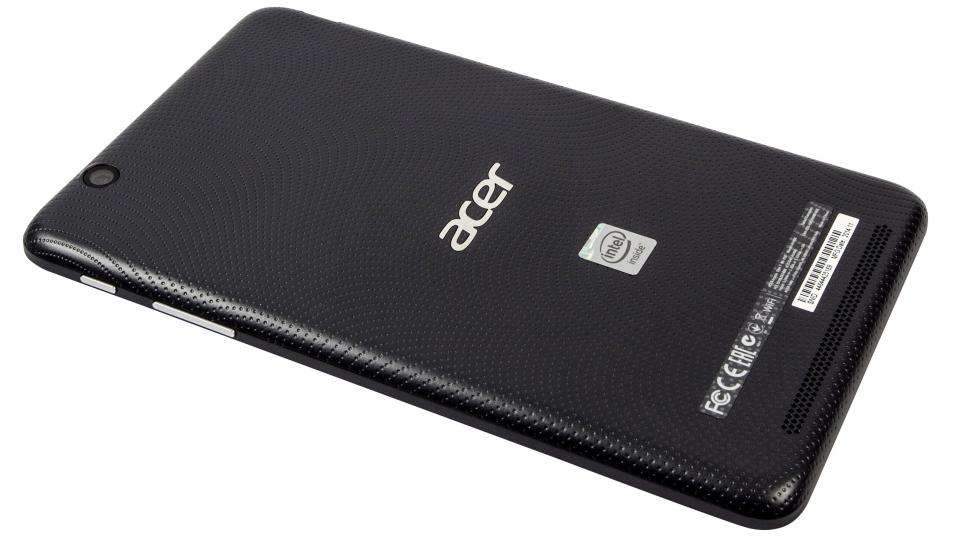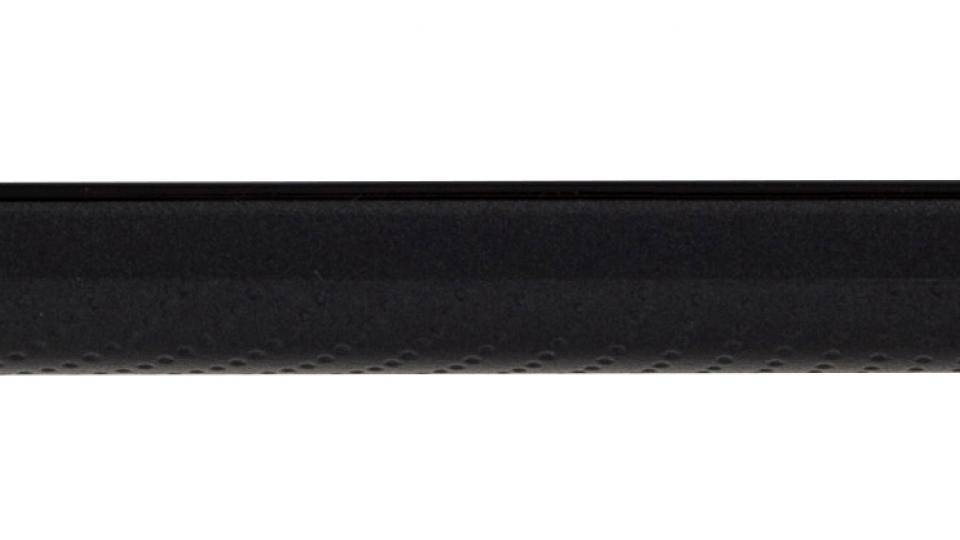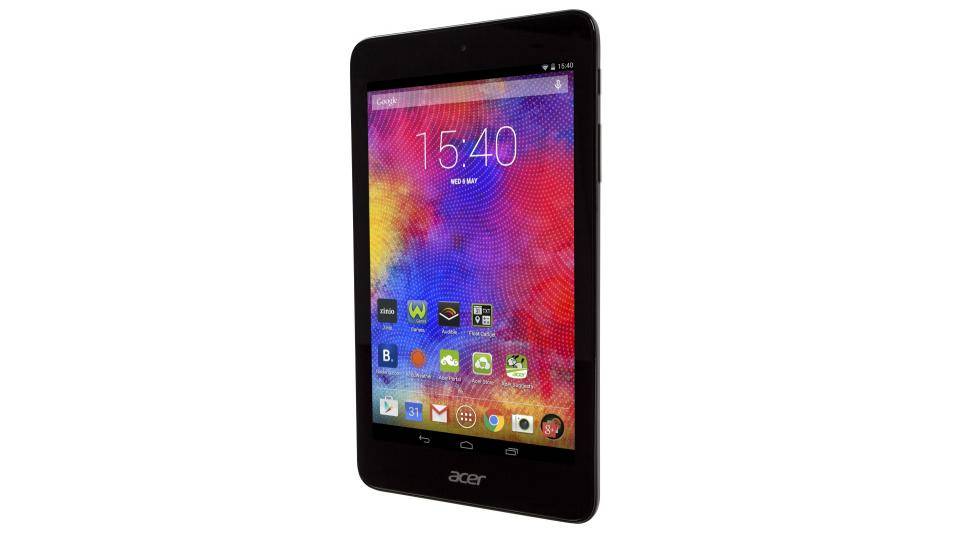Acer Iconia One 7 B1-750 review
The Acer Iconia One 7 packs a surprising punch for a £100 tablet. With one of Intel's quad-core Bay Trail Atom Z3735G processors and 1GB of RAM, the Iconia One 7 is deceptively quick for an entry-level tablet, and its performance levels aren't too dissimilar from our current budget favourite, the Tesco Hudl 2 .
In our BaseMark OS II tests, for instance, the Iconia One 7's score of 869 is just 35 points behind the Hudl2's score of 906, so you're unlikely to notice any difference in speed when using its Android 4.4.4 operating system. Menu transitions are extremely smooth and lag-free and apps load up in a flash. This is great to see on such a low-end device, as budget tablets are often lumbered with slow CPUs that can make them a chore to use.
The Iconia One 7 isn't bad for playing games, either. In our BaseMark X 1.1 graphics benchmark, it managed a respectable score of 11,789 with Medium graphics settings, which actually puts it in front of the Hudl2's score of 11,530. This is partly because the Iconia One 7 has a smaller, lower-resolution screen than the Hudl2, but it nevertheless managed to hit much higher overall frame rates in both the Hangar and Dunes tests, averaging 26.9fps and 17.9fps compared to the Hudl2's 17.8fps and 13.7fps.

The only area where the Iconia One 7 lagged behind Tesco's budget marvel was in our web browsing tests, as its score of 806 in BrowserMark pales in comparison to the Hudl2's 1,615. However, in practice we had few complaints when using the Acer tablet, as web pages loaded promptly and showed hardly any signs of noticeable judder when we scrolled up and down. The tablet didn't stumble over pages with large numbers of images either.
Battery life is comparable, too, as the Iconia One 7's 3,420mAh battery lasted 6h 40m in our continuous video playback test with the screen set to our standard 170cd/m2 brightness level, which is only 18 minutes shy of the Hudl2's score of 6h 58m under the same conditions. This isn't the greatest compliment, though, as this is still pretty poor by tablet standards. You'll almost certainly need to charge the Iconia One 7 every day if you want to use it on the commute, for instance, and other 7in tablets such as the Asus MeMO Pad 7 ME572C have almost double the stamina.
However, it doesn't take long to see why the Iconia One 7 only costs £100, as the tablet's build quality is poor. It's a relatively light and slender device, at just 8.6mm thick and weighing just 320g, and the textured soft-touch rear provides a decent amount of grip, but when a tablet creaks and groans with every touch, it doesn't inspire a great deal of confidence.

Likewise, we only had to apply a small amount of pressure to the sides of the tablet to see a rippling effect on the screen. As a result, we don't foresee this tablet lasting very long, particularly in the hands of a child, and we'd much rather spend a little more to get a higher quality device.
Display
This is a shame, as the Iconia One 7's 1,280x800 display is fairly good quality. Our colour calibrator showed it was displaying 85.4% of the sRGB colour gamut, and its green and blue colour coverage was even across the sRGB colour space. The screen's only main weakness was its red and yellow coverage, but our test images still looked reasonably warm and vibrant.
The display is also pleasingly bright, with a peak white level of 433.2cd/m2. This is great for travelling, as it helps to keep the display visible in bright lighting conditions, such as when you're outside or have the sunlight streaming in while you're on the train. Blacks look a little grey as a result, though, and our mediocre black level measurement of 0.45cd/m2 confirmed this. However, the tablet's contrast ratio of 943:1 helped provide plenty of detail in our test images, and the screen's viewing angles are excellent, providing a clear image no matter how we held the tablet.

